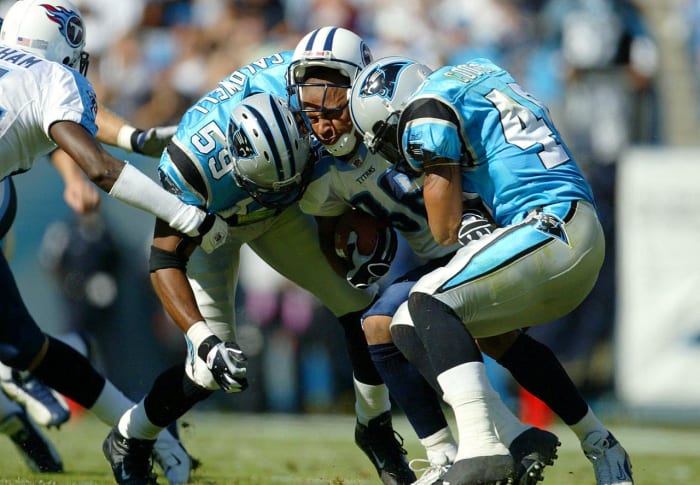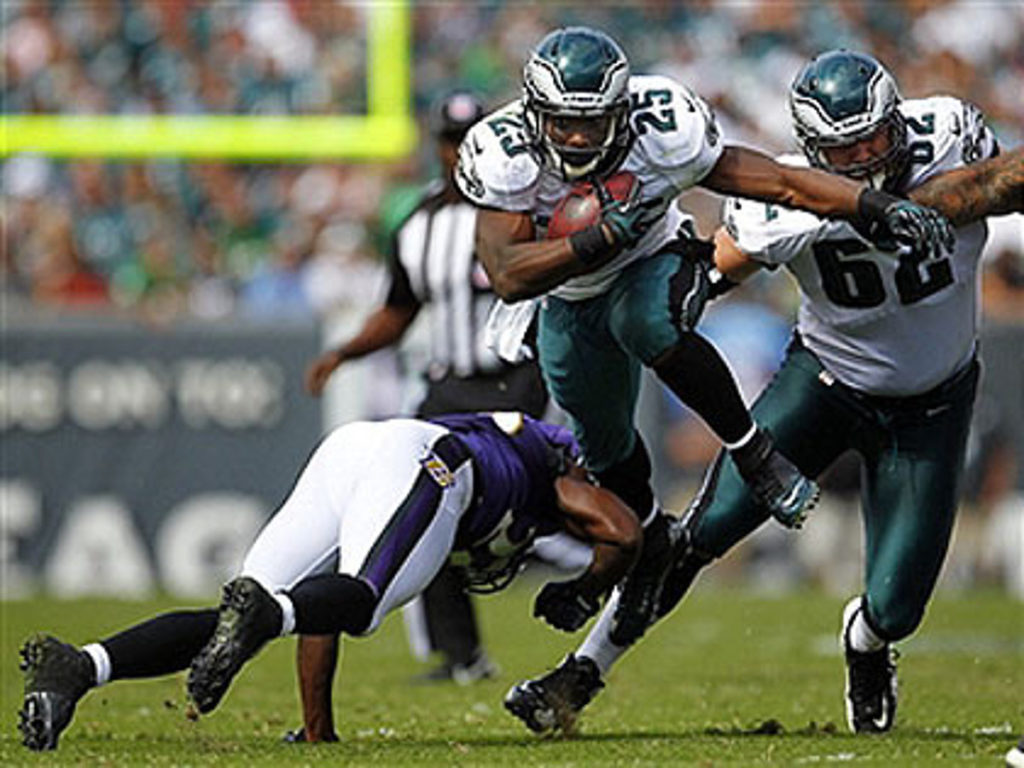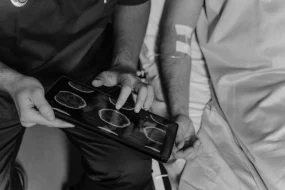
A long-term study led by Harvard researchers has identified cognitive problems in former NFL players who reported concussion symptoms during their careers, highlighting the enduring impact of head injuries on cognitive performance even decades after retirement.
A study conducted by researchers from Harvard Medical School revealed that former professional football players who reported experiencing concussion symptoms during their careers performed worse on a battery of cognitive tests compared to non-players. The survey took place at four hospitals: Massachusetts General, Brigham and Women’s, McLean, and Spaulding Rehabilitation, and the results were published in the Archives of Clinical Neuropsychology.
Investigators examined 353 retired National Football League players, analyzed as part of the Football Players As part of the Football Players Health Study at Harvard University, investigators examined 353 retired National Football League players approximately 29 years after the conclusion of their playing careers. The analysis revealed that players who had experienced concussion symptoms during their careers performed poorly on measures of episodic memory, sustained attention, processing speed, and instinct. Interestingly, the study did not observe any significant impact on cognition based on the number of diagnosed concussions or the length of a player’s career.

When compared to a control group of 5086 men who did not play soccer, former players generally exhibited poorer cognitive performance. Furthermore, longer-retired athletes demonstrated a tendency to perform worse on cognitive tasks. Investigators also noted that several head injuries or subconcussive hits might not have been attributable to concussions, likely due to a lack of awareness or underreporting of symptoms by players at the time.
The study results demonstrate that professional soccer players may continue to experience cognitive difficulties linked to head injuries even decades after retiring from the sport. The study group added supplementary evidence regarding the impact of a professional football career on cognitive aging interference.
The researchers noted that the players themselves provided information about the health concerns and conditions they faced after a football career. The Football Players Health Study, launched in 2014, is a comprehensive research program dedicated to investigating the multifactorial factors impacting the well-being of former NFL players.
“The Community-Based Participatory Research (CBPR) approach adopted in this study is where this field is going,” said Anthony Germine, PhD, director of the Cognitive Neuroscience Laboratory at the Spaulding Rehabilitation Network, who is a senior investigator on the study. “We are grateful to the players and how much they have taught us. It would not have been possible to do a study like this without deeply involving their community.”
Football Players Health Study principal investigator Ross Zafonte, DO, concluded that these findings support efforts to develop ways to improve diagnosis and define long-term concussion sequelae. “Former players can support their cognitive health as they age by taking proactive steps, continuing to consult with their providers, and educating themselves about the symptoms of head injuries.”
Zafonte is also president of the Spaulding Rehabilitation Network, physician of sports medicine at Mass General Brigham, and professor and chair of the Department of Physical Medicine and Rehabilitation at Harvard Medical School.
Research Support
The research was supported by the Football Players Health Study at Harvard University, funded by the National Football League Players Association (NFLPA). The NFLPA had no role in conducting the study, collecting, managing, analyzing, and interpreting the data, preparing, reviewing, or approving the manuscript, or following the decision to submit the manuscript for publication. The study features co-authors Roger Strong, Rachel Grashow, Andrea Roberts, Eliza Passell, Luke Scheuer, Douglas Terry, Sarah Cohan, Alvaro Pascual-Leone, and Marc Weisskopf.





